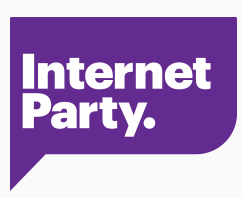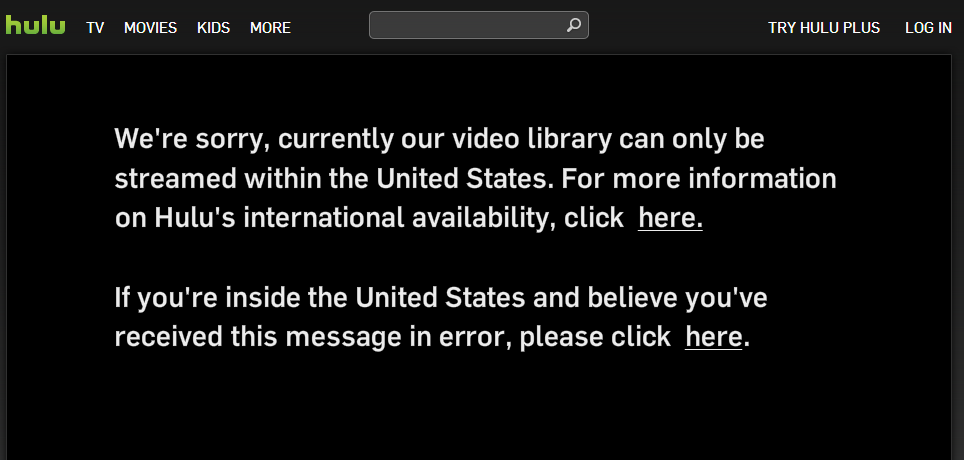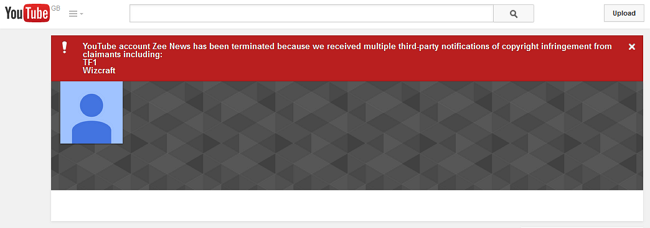‘Failed’ Piracy Letters Should Escalate to Fines & Jail, MP Says
jeudi 26 juin 2014 à 11:46Proponents of the Digital Economy Act 2010 believed it had the solutions to deter consumer file-sharing, but four years on and the relevant measures remain dormant. This inactivity led to a new and recently announced solution, the so-called Voluntary Copyright Alerts Program.
VCAP is an agreement between the music and movie industries and several of the UK’s leading ISPs. The idea is that the entertainment companies monitor P2P networks (such as BitTorrent) and identify IP addresses connected to the illegal sharing of infringing content. That data is passed to the ISPs, the IP addresses are linked to customer accounts, and errant subscribers are sent a warning.
The idea behind VCAP is to educate the casual file-sharer about legal alternatives in the hope he will change his ways, but the softly-softly approach has its limitations. A reliable source close to the program told TorrentFreak that the focus of VCAP is the repeat infringer. However, after a customer receives four warnings he will receive no more.
On some level there appears to be some kind of acceptance that little can be done about hardcore file-sharers, an approach mirrored in the U.S. with its Copyright Alerts Scheme. But while there are suggestions that the worst-of-the-worst can simply do whatever they like under the UK program, consideration is already being given to what happens should VCAP fail following its 2015 introduction.
Aside from the Digital Economy Act sitting in the wings, Prime Minister David Cameron’s IP advisor believes that the carrot needs to be backed up by a stick. In a report published yesterday largely detailing the “Follow the Money” approach to dealing with pirate sites, Mike Weatherley MP says now is the time to think about VCAP’s potential failure.
“The Voluntary Copyright Alert Programme (VCAP) is welcomed and will be a good step forward once it is hopefully in operation in 2015, although it is primarily an education tool,” Weatherley says.
“However, we need to start thinking now what to do if these notices are ignored by infringers – will VCAP be followed by something more enforceable?”
Weatherley says that while the IP enforcement “stick” is a “last resort option”, being able to show “teeth” is important. Unsurprisingly, those measures involve hitting persistent pirates harder and harder each time they show defiance.
“It should be a graduated enforcement response,” Weatherley explains.
“Warnings and fines are obvious first steps, with internet access blocking and custodial sentencing for persistent and damaging infringers not to be ruled out in my
opinion.”
These suggestions aren’t new, but this is the second time in a matter of months that the Prime Minister’s closest advisor on IP matters has spoken publicly about the possibility of putting persistent file-sharers in jail.
Earlier this year we reported on comments Weatherley made in the House of Commons on the prison option. Although he never denied using those words, the MP did attempt to dismiss the tone of the ensuing debate as containing “misinformation”.
Not to say though, that jail will be immediately on the cards for pirates. Weatherley says that education has to come first, with an emphasis placed on informing consumers that “piracy and similar illegal activities are not in their best long-term interests and are not socially acceptable.” The second phase will see the onus placed on industry “to get their product right and attractive” to consumers.
“[The third stage] once we have won the ‘hearts and minds’ of consumers and provided suitable content, keeps the option of enforcement of copyright law on the table when all else has been exhausted,” the MP says.
Given Weatherley’s suggested plan for preparing now for VCAP’s failure, the ISPs involved in the scheme (BT, Sky, TalkTalk and Virgin Media) must be considering the kind of road they’re being led down. While sending out warnings with no mitigation measures sounds reasonable enough today, if that transforms into a cash fine, disconnections and jail sentence model in future, the whole thing could turn into a PR disaster.
Update: Prime Minister David Cameron says he will “closely consider” Weatherley’s report.
Source: TorrentFreak, for the latest info on copyright, file-sharing and anonymous VPN services.






